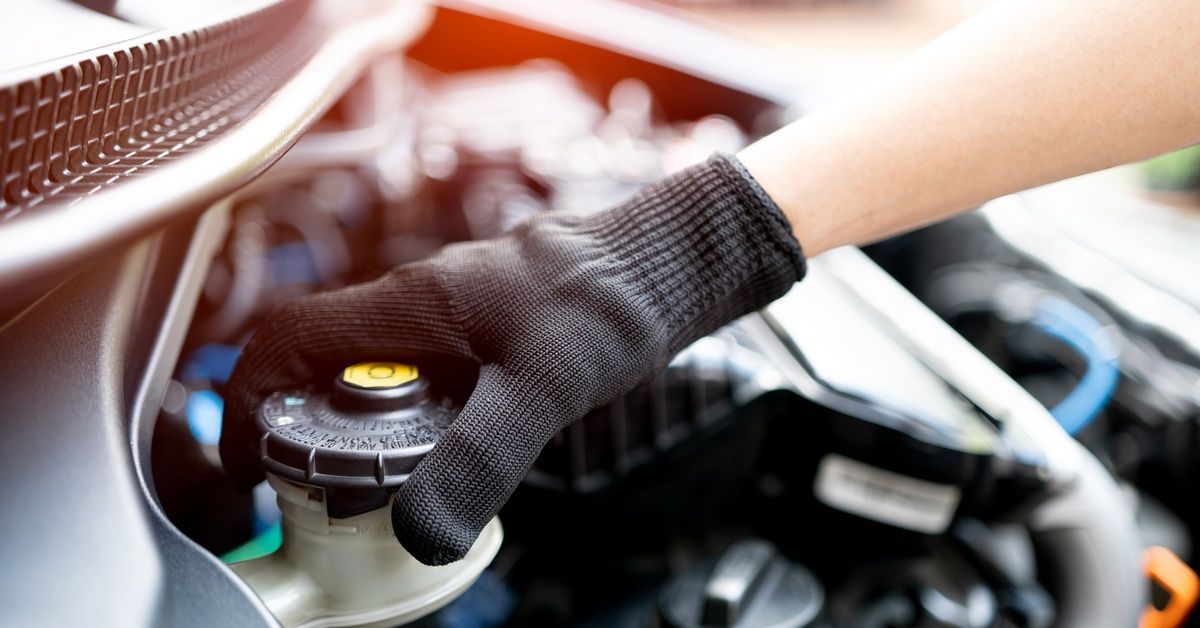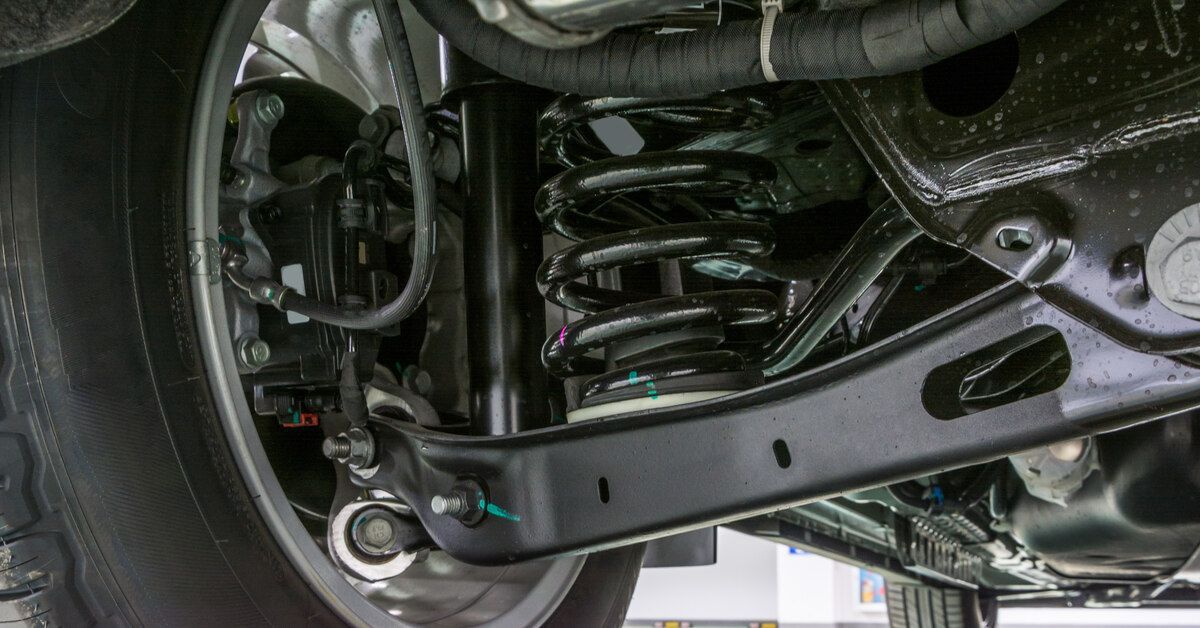Myth Busting: Debunking Common Vehicle Repair Misconceptions
There’s no shortage of advice on car maintenance. Well-meaning friends and family might share their tips, but sometimes they can be longstanding myths from the grapevine.
Unfortunately, believing and acting on these misconceptions can lead to damage and safety risks for your vehicle. Today, we will be myth-busting and debunking common vehicle repair misconceptions so you can take care of your car the right way.
Change the Oil Every 3,000 Miles
Changing the engine oil every 3,000 miles is one of the most persistent myths in car maintenance. While it may have been accurate decades ago, most modern vehicles have advanced engines and high-quality oil formulations that can go 5,000–7,500 miles between oil changes.
Always follow your mechanic’s recommendation for oil formulations and the frequency of oil changes. Inspect your car’s oil life monitor regularly for a more accurate timeline. Changing the oil too frequently is unnecessary and can become expensive in the long run.
Car Batteries Last Five Years
Another myth that people believe is that car batteries last exactly five years. While it’s true that car batteries slowly degrade over time, the lifespan of your battery can vary depending on climate, driving habits, and maintenance.
Some batteries can last three years, while others can last seven or more. Don’t assume that your car battery will die after five years. Instead, check it regularly and look for slow engine cranking or dim headlights. Routine inspections can keep your battery in good shape and prevent unexpected breakdowns.
You Can Only Service Your Car at the Dealer
Many people believe that car dealerships are the only places equipped to handle repairs or maintenance for their vehicle, and servicing it somewhere else can break the warranty. However, this is not true. Independent, certified mechanics are just as capable of performing high-quality work. As long as your mechanic follows the manufacturer’s guidelines and uses the approved parts for your vehicle, you will not void your warranty.

Brake Fluid Lasts Forever
Brake fluid is essential for your car’s braking system, but it doesn’t last forever. Forget the myth that the brake fluid lasts indefinitely! Brake fluid absorbs moisture over time, which reduces its performance and increases the risk of brake failure.
Most experts recommend changing your brake fluid every two to three years or following your manufacturer’s guidelines. Ignoring brake fluid maintenance can compromise your safety and lower your car’s braking efficiency.
Replace the Tires After They Reach 2/32 Threads
Some people believe that you only need to replace your tires when they reach 2/32 treads. While 2/32-inch treads are the legal limit to driving your car on the road, waiting until they reach that point isn’t safe. Most professionals recommend replacing the tires when they reach the tread depth of 4/32 inches, especially if you frequently drive in rainy or wet conditions.
Driving with 2/32-inch tread tires in the winter is dangerous because your vehicle will have less grip on the road and be more prone to slipping. If you frequently drive in snowy conditions, it’s a good idea to replace them at 6/32 inches and invest in snow tires for better safety and performance.
Premium Oil Delivers Better Performance
It’s easy to think that the word “premium” means better, but that’s not always the case when it comes to motor oil. Premium oil does not always equate to better performance for your vehicle; in fact, using the wrong oil for your car can harm your engine.
The type of oil your car requires depends on the manufacturer’s specifications, so always stick to the oil weight and grade recommended in your owner’s manual for the best performance.
Mechanics Will Always Overcharge You
Many people worry about being overcharged at auto repair shops, but assuming every mechanic is out to rip you off isn’t fair to the hardworking professionals who provide honest service. Look at online reviews to find a reputable auto shop that offers high-quality services at a fair price. Building a relationship with a trustworthy mechanic not only protects your wallet but also keeps your car running smoothly.

Regular Maintenance Is Optional
One of the most common misconceptions about car ownership is that regular maintenance is unnecessary unless something appears wrong with the vehicle. However, adapting to this mindset can lead to safety risks and costly repairs down the road. Routine maintenance, such as oil changes and tire rotations, is vital for keeping your vehicle safe and running smoothly. Taking preventive care of your car keeps it running smoothly for a long time.
A Short Drive Will Recharge Your Battery
Another misconception in the automotive industry is that a short drive will recharge your battery. While it’s true that alternators charge car batteries when you drive, taking frequent short drives won’t recharge a weak battery.
The alternator will need enough time to replace the energy the battery loses when starting your vehicle. Consider taking long drives occasionally or investing in a battery maintainer when your car isn’t in use for extended periods in order to extend the lifespan of the battery.
DIY Repairs Will Always Save You Money
Doing repairs yourself might seem like a cost-effective solution, but not all car repairs are DIY-friendly. Oftentimes, complex car repairs require specialized tools, parts, and expertise. Attempting to repair your car can lead to damage that is expensive to fix. It’s best to leave it to the professionals who are adept at handling complicated vehicle issues.
New Cars Require Less Maintenance
Most people assume that a new car will run flawlessly without much upkeep. However, even new vehicles require regular maintenance to stay in top condition. Neglecting basic vehicle care on a new car can accelerate wear and tear and degrade the vehicle. Stick to a regular maintenance schedule so your vehicle can run like new for thousands of miles.
Education Is Key
There’s a lot of advice out there about car maintenance, and it’s easy to fall for myths. By myth-busting and debunking these common vehicle repair misconceptions, we hope you feel more empowered to care for your vehicle the right way. Taking the proper steps to maintain your car not only extends its lifespan but also keeps you safe on the road. Don’t hesitate to consult trusted mechanics or refer to your owner’s manual for guidance!
Are you looking for an honest and trustworthy repair shop? Look no further than Advanced Vehicle Technology services. We offer Buffalo Grove auto repair services for a fair price. Contact us today, and our expert team will be happy to help!




